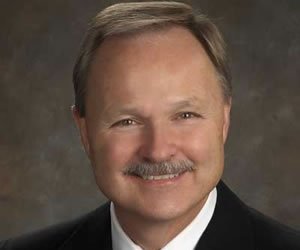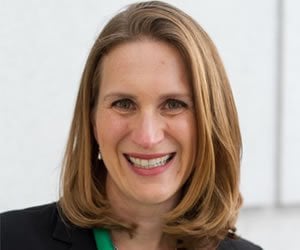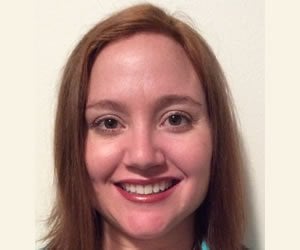
Finding the Joy in Medicine: A Conversation with Dr. David A. Fleming
Despite being the current President of the American College of Physicians (ACP), David A. Fleming, ... Read more
Written by: Suzanne Barston
Published on: December 22, 2014

Despite being the current President of the American College of Physicians (ACP), David A. Fleming, ... Read more
Written by: Suzanne Barston
Published on: December 22, 2014

Neuromodulation is an exciting therapy for improving neurological ailments. When I graduated medical school in ... Read more
Written by: Shannon Hann
Published on: December 12, 2014

Pre-medical students can – and should – take advantage of the many opportunities available to ... Read more
Written by: Anubodh “Sunny” Varshney
Published on: December 10, 2014

I am a young hospitalist who is 16 months into my role at an urban ... Read more
Written by: Joshua Allen-Dicker
Published on: December 8, 2014

“Go forth and do great things.” – Anonymous No one gets into medical school without ... Read more
Written by: Megan Riddle
Published on: November 24, 2014

You’ve volunteered. You get good grades. You’ve shadowed doctors. You’ve done everything you can to ... Read more
Written by: Marissa Sutera
Published on: November 21, 2014

As a first-year medical student only a few weeks into gross anatomy, I still have ... Read more
Written by: Brent Schnipke
Published on: November 10, 2014

A look at some possible origins of the myth In light of today’s holiday, I thought ... Read more
Written by: Brent Schnipke
Published on: October 31, 2014

It’s no secret that medical school can be draining. Although it can be draining in ... Read more
Written by: Brent Schnipke
Published on: October 24, 2014

Dr. Judy Melinek is a board-certified forensic pathologist in San Francisco, CEO of PathologyExpert Inc., ... Read more
Written by: Juliet Farmer
Published on: October 22, 2014

The Top Twenty – no, wait – Top Twenty-Two – Are You Sure It’s Twenty-Two? ... Read more
Written by: Rusty Reeves
Published on: October 15, 2014

Choosing a field of medicine is likely the most important decision a medical student will ... Read more
Written by: Mimi Knoll
Published on: October 13, 2014

When medicine burns you out, find strength in remembering why you're there.
Written by: Jarna Shah
Published on: September 24, 2014

Improper use of an originally a good idea can lead to a medical system focused on group outcomes, not individuals.
Written by: John F. Hunt, MD
Published on: September 17, 2014

There is no simple solution to physician suicide, but it begins with awareness and discussion.
Written by: Megan Riddle
Published on: September 8, 2014

You never know when someone's well-being is going to depend on the skills you're learning.
Written by: Manik Aggarwal
Published on: August 27, 2014

A look at a day in the life of a third year student and what the clinical rotations experience entails.
Written by: Alex Cole
Published on: August 20, 2014

A look at a day in the life of a third year student and what the clinical rotations experience entails.
Written by: Alex Cole
Published on: August 18, 2014

Karla Turney shares her thoughts on the field of pharmacy and offers some advice for students.
Written by: Juliet Farmer
Published on: July 18, 2014